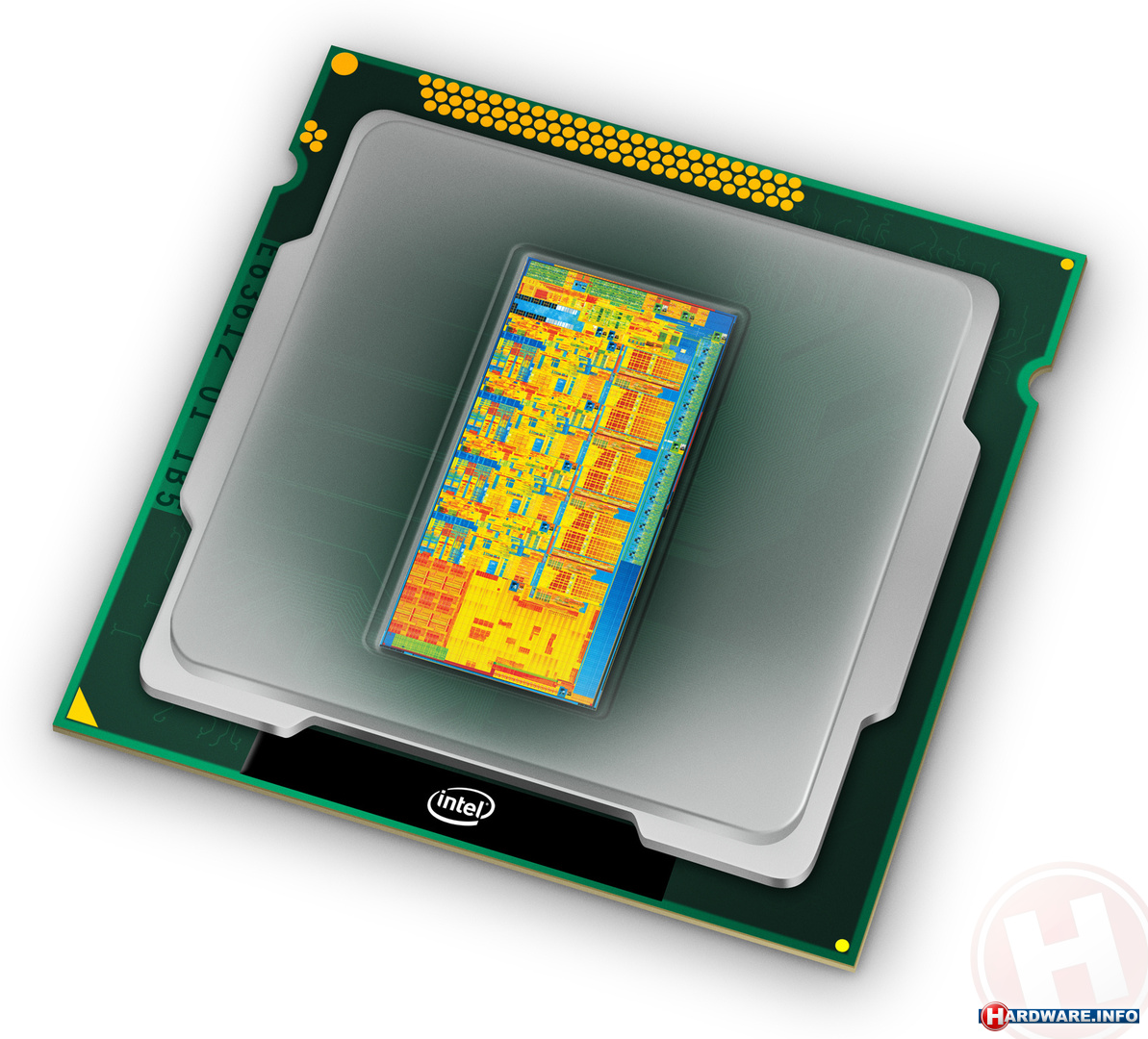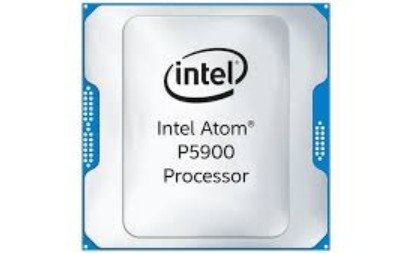

To run the code with some generic options, do. Now compile the code: make -j 32 AVX_512:=1 Therefore, if you have any setup that sources something, disable it and do a fresh login before running any tests! We want clean shells before launching any tests. However, encapsulate them within a function and then call that function upon logging into phi3.
#Intel cpuinfo free#
You are free to put the lines from this script in your login scripts (.bashrc. To run the code out-of-the-box from the main devel branch, you will first need to source the environment: source xeon_scripts/init-env.sh Checkout a local repo on phi3 from your forked repo. To checkout a remote branch, do: git fetch Īs already mentioned, the recommended test platform to run the code is phi3. This is useful if you want to submit changes to another user's branches. If you wish to add another user's repo to your local clone, do: git remote add :/mkFit Where is your GH username if renamed your remote to your username. Once forked, checkout a local copy by simply doing a git clone: git clone :/mkFit Make sure to fork the repository to your own account first (using the "Fork" option at the top of the webpage), and push any development branches to your own forked repo first. Development for mkFit is done on separate branches within a forked repository. This is a public repository, as are all forks of this repository. The master development branch is devel, hosted on a public GH repo (referred to as trackreco/devel for the remainder of the README). phi1, phi2, and phi3 all have TurboBoost disabled to disentangle some effects of dynamic frequency scaling with higher vectorizationįor further info on the configuration of each machine, use your favorite text file viewer to peruse the files /proc/cpuinfo and /proc/meminfo on each machine.phi1, phi3, and lnx4108 are dual socket machines and have two identical Xeons on each board.
#Intel cpuinfo password#
Login into any of the machines is achieved through ssh -X -Y It is recommended that you setup ssh key forwarding on your local machine so as to avoid typing in your password with every login, and more importantly, to avoid typing your password during the benchmarking (see Section 10.ii.b). This is the recommended machine for beginning development and testing. phi1, phi2, phi3, lnx7188, and lnx4108 also have /cvmfs mounted so you can source the environment needed to run the code. Phi1, phi2, and phi3 are all managed across a virtual login server and therefore the home user spaces are shared.


Other helpful README's in the repository.(Optional) Using additional scripts to display plots on the web.Some (must read) advice on benchmarking.
#Intel cpuinfo how to#


 0 kommentar(er)
0 kommentar(er)
